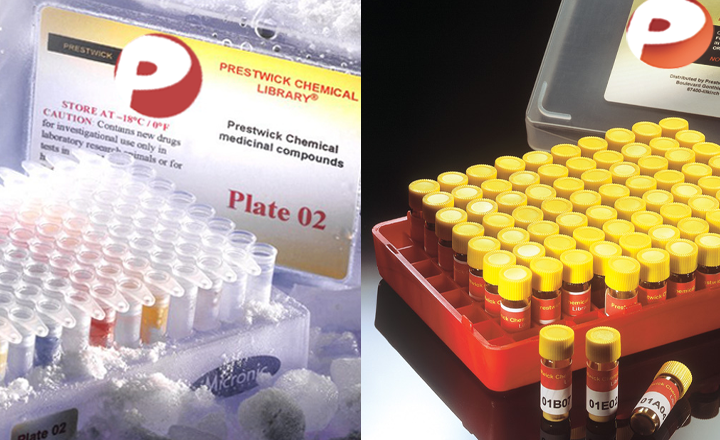Development of a Cell-Based AlphaLISA Assay for High-Throughput Screening for Small Molecule Proteasome Modulators
Sophia D Staerz, Erika M Lisabeth, Evert Njomen, Thomas S Dexheimer, Richard R Neubig , Jetze J Tepe
ACS Omega 15650-15659 (2023)
The balance between protein degradation and protein synthesis is a highly choreographed process generally called proteostasis
Most intracellular protein degradation occurs through the ubiquitin-proteasome system (UPS). This degradation takes place through either a ubiquitin-dependent or a ubiquitin-independent proteasomal pathway. The ubiquitin-independent pathway selectively targets unfolded proteins, including intrinsically disordered proteins (IDPs). Dysregulation of proteolysis can lead to the accumulation of IDPs, seen in the pathogenesis of various diseases, including cancer and neurodegeneration. Therefore, the enhancement of the proteolytic activity of the 20S proteasome using small molecules has been identified as a promising pathway to combat IDP accumulation. Currently, there are a limited number of known small molecules that enhance the activity of the 20S proteasome, and few are observed to exhibit enhanced proteasome activity in cell culture. Herein, we describe the development of a high-throughput screening assay to identify cell-permeable proteasome enhancers by utilizing an AlphaLISA platform that measures the degradation of a GFP conjugated intrinsically disordered protein, ornithine decarboxylase (ODC). Through the screening of the Prestwick and NIH Clinical Libraries, a kinase inhibitor, erlotinib, was identified as a new 20S proteasome enhancer, which enhances the degradation of ODC in cells and α-synuclein in vitro.


